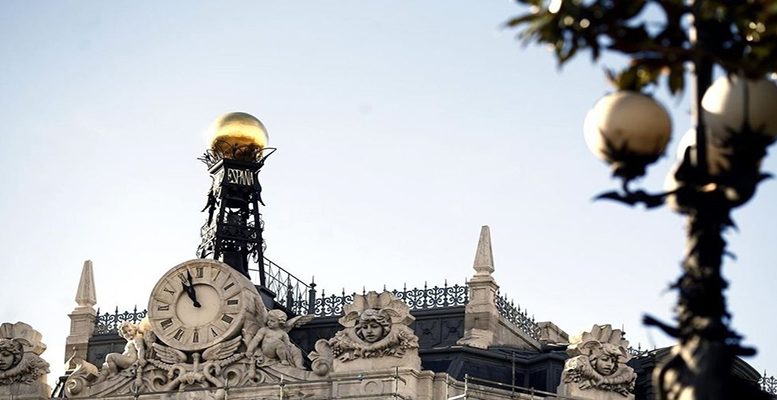Fernando G. Urbaneja | A short list of urgent and possible reforms to regenerate and modernise Spanish democracy would include improving the quality and reputation of state institutions, especially the administration of justice and those entities described as independent, with the Bank of Spain at the front of the queue.
And with it the Accounts Tribunal, the National Institute of Statistics (INE), the Centre for Social Investigation (CIS), the National Commission for Markets and Competition (CNMC), the National Commission for the Stock Market (CNMV) and other similar institutions. The Bank of Spain, an institution which has existed since the beginning of the 19th century, was nationalised in 1963 as the key to a reform of the Spanish financial system. Since then its legal framework as evolved with successive laws reinforcing its independence and responsibilities, until its incorporation into the system of the European Central Bank, as a consequence of the creation of the euro as the common European currency. Over the last fifty years the Bank of Spain has, step by step, built its reputation as a trustworthy institution with a strong performance. It has not been a lineal process. It has had its ups and downs linked to the evolution of the economic cycles and to the twists of financial crises. During this half century it has created professional teams with competent and influential technicians and senior civil servants. The dozen governors and deputy governors who have succeeded each other during these years have been suitable people, although with unequal results.
The last financial crisis, one of the most severe in history, has been proof of the weakening prestige of the Bank of Spain: it did not warn about the crisis, it did not deal with it in time and was side-lined by government initiatives which, to put it mildly, were polemical and unfortunate. Confronted by the last two banking crises, it has been an irrelevant witness. The latest mandatory hand-over has brought an in-house governor with a professional and non-party profile. The new governor has managed six months with a rigorous and professional profile. His appearances before the Congress have returned a severe tone, not complacent with the government or with the dominant superficial and commonplace discourse. His report on the strange 2019 budget or on the impact of the minimum wage or the future of pensions returns to the bank the character of “Jiminy Cricket” which fulfils the mandate to remove the punch at the height of the party when the risk of misdirection threatens.
Without stridency, with rigour, the bank is recovering its profile of its best times, that of an independent and committed institution. The Economist, with typical British humour, maintained that the three greatest inventions of mankind were fire, the wheel and … independent central banks. And not without reason. Efficient central banks sustain and protect solvent financial systems – and the Spanish has not ceased to be the penultimate in capitalisation in the Eurozone – which are a necessary, if not sufficient, condition for solid economies. The return of the Bank of Spain to fulfil the mandate of the law which regulates it is one of the good news of the last six months.





